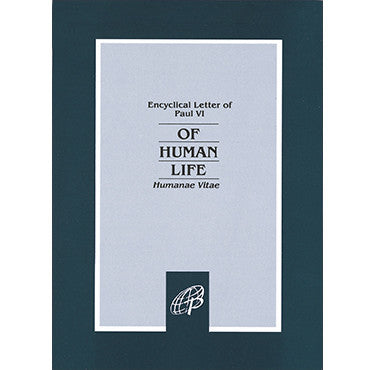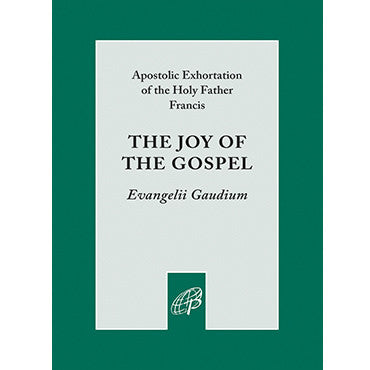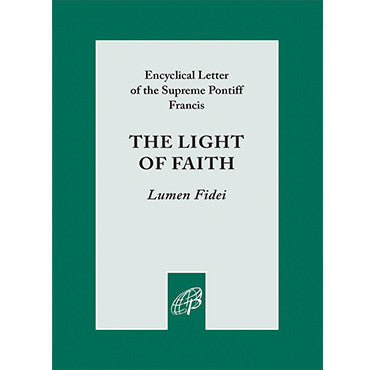Humanae Vitae. This encyclical written by Pope Paul VI and promulgated on July 25, 1968, re-affirms the traditional teaching of the Catholic Church regarding abortion, contraception, and other issues pertaining to human life. Paul VI states that the Church is concerned with safeguarding the holiness of marriage, in order to guide married life to its full human and Christian perfection. The document teaches that the transmission of human life is a most serious role in which married people collaborate freely and responsibly with God the Creator. This is a divine partnership. Married love takes its origin from God, who "is love," and from this basic dignity, he defines his position: In the very special form of personal relationship which is marriage, a husband and wife generously share everything, allowing no unreasonable exceptions and not thinking solely of their own convenience. True love is to love one?s partner for the partner?s own sake, willingly enriching the other with the gift of oneself.
The document observes that the sexual act must "retain its intrinsic relationship to the procreation of human life,? although circumstances may dictate that married couples should limit the number of children. The document teaches that every action specifically intended to prevent procreation is forbidden, except in medically necessary circumstances. This includes both chemical and barrier methods of contraception. All these are held to directly contradict the "moral order which was established by God.? Abortion and sterilization are forbidden. Natural family planning methods (abstaining from intercourse during certain parts of the menstrual cycle) are allowed, since they take advantage of "a faculty provided by nature."
In 2008, Pope Benedict XVI in his address at the 40th anniversary of the encyclical Humanae Vitae, called this topic "so controversial, yet so crucial for humanity's future." Humanae Vitae became "a sign of contradiction but also of continuity of the Church's doctrine and tradition... What was true yesterday is true also today."




